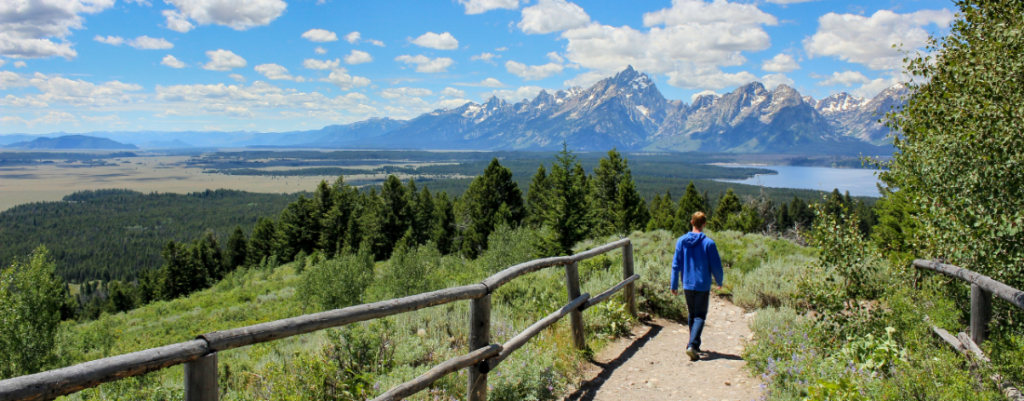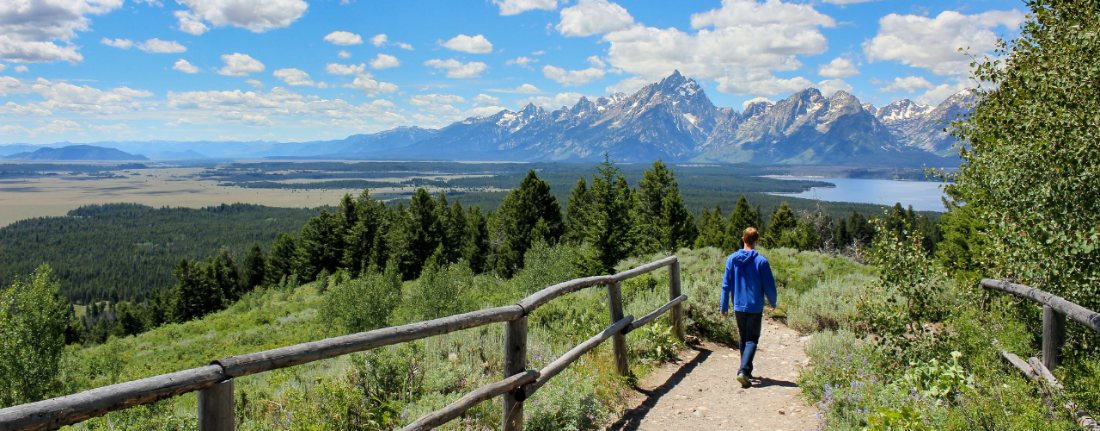By Cody Cottier
Jackson Hole News&Guide
Via- Wyoming News Exchange

More than 40 cities, counties, ski resorts and organizations from the Intermountain West have signed on to the pledge, but it’s unclear whether Jackson Hole officials will follow suit. Some worry that the terms of the agreement are little more than hollow bromides; others said signing on could even jeopardize the region’s political relations with the rest of the state.
As local leaders try to dissuade the state Legislature from dissolving Teton County’s housing mitigation rules — the foundation of the affordable housing program — some fear any semblance of a break with Wyoming’s energy views would hinder their efforts.
“There was concern that this would be misconstrued across the state as, ‘There’s Teton County out there against coal,’” said Commissioner Mark Newcomb, who recently raised the subject in a county meeting.
The commissioners didn’t agree to sign the pledge, instead deferring the discussion to a future joint meeting with the Town Council.
Luke Cartin, Park City’s environmental sustainability manager, who crafted the pledge, argued that even in a conservative, fossil fuel-driven economy there are ways to push for sustainability.
Utah has a similarly dominant Republican majority, but he noted that this year Park City was able to partner with Salt Lake City and Rocky Mountain Power to pass the Community Renewable Energy Act, which enables communities to strive for 100% renewable energy portfolios by 2030.
“It’s not vilifying the coal industry,” Cartin said. “It’s just saying we want to have control over our own destiny and drive change in our communities.”
What’s more, he said, “if we can prove that this can be done in the most conservative states, then this is a huge pathway for anyone across the country.”
Aside from political anxieties, Jackson Councilor Jonathan Schechter said, the pledge simply “leaves something to be desired.” In the language of “courageous and action-based climate goals,” Schechter said, he finds little that compares with, say, the requirements of the international Paris Agreement.
The pledge lays out three steps for mountain towns to follow in the next year, including to “lead community conversations” about climate action, “engage other leaders” on the subject and “actively share and collaborate with other communities” on climate.
“I think what you see in that resolution is a de facto acknowledgment that everybody is concerned about [climate change] and nobody knows what to do about it,” Schechter said. “In an environment like that you get these platitudes.”
Newcomb also worries the commitments aren’t substantial enough, saying, “A lot of it feels good and looks good, but is it really bending the curve on emissions?”
Cartin said the idea is not to prescribe any specific solution for the various mountain towns but only to open lines of communication among them and encourage a focus on local action, as opposed to leaving the problem in the hands of the federal government.
“It’s not forcing communities to do certain things,” he said. “It’s just saying we’re going to have a discussion. It puts the responsibility on communities and lets them choose their own path.”
Still, the overarching mission of the Mountain Towns 2030 campaign is to create a coalition of communities all setting “ambitious carbon reduction goals” to achieve a net zero carbon footprint within the next decade.
If nothing else, signing on to the pledge could be a symbolic show of solidarity with those other mountain towns, Schechter said, fostering the kind of collaboration that he and many others feel is a prerequisite for tackling climate change.
Whether local officials formally join the movement, Newcomb said he’s confident they’ll keep making strides. And he hopes broaching the issue will ward off complacency among the leaders.
“I saw it as a way to remind ourselves that we do have a commitment to energy efficiency and sustainability,” he said. “I don’t know that we’ve stepped up at the highest level, the best we can.”





